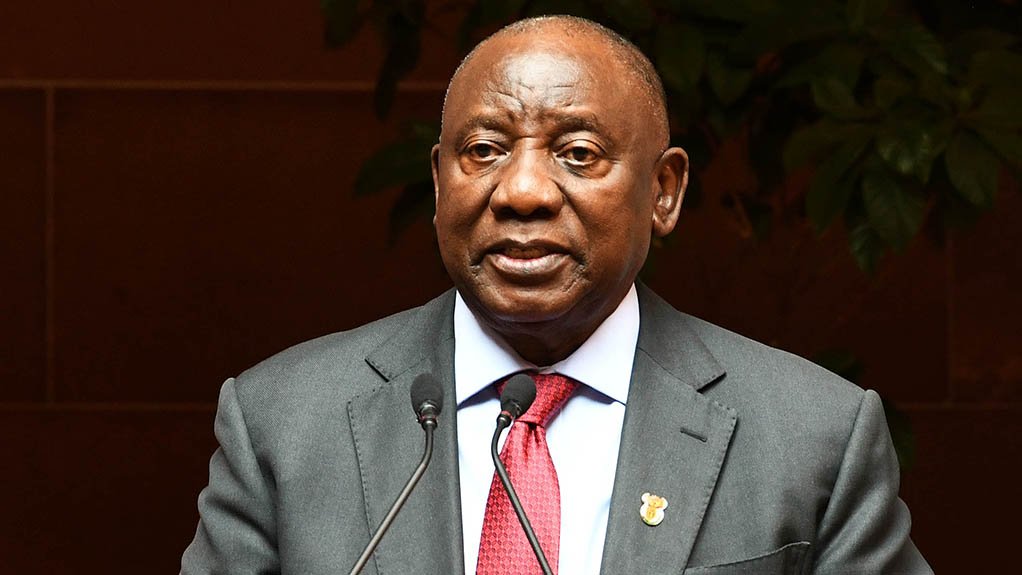The uMkhonto weSizwe (MK) Party has launched a scathing attack on President Cyril Ramaphosa, accusing him of weaponizing the Special Investigating Unit (SIU) to target political adversaries and remove them from public life. The accusations come amid claims that Ramaphosa’s administration has issued more proclamations empowering the SIU than any other government in South Africa’s history, but critics argue that these efforts have not led to real accountability for corruption.
Since President Ramaphosa took office in February 2018, his government has issued a staggering 135 proclamations, giving the SIU the authority to investigate state departments and entities accused of mismanaging public funds. The SIU, a key institution in the fight against corruption, has conducted high-profile investigations, but the MK Party contends that the body is being used as a tool for political maneuvering rather than as a force for genuine change.
The MK Party, through its spokesperson David Skosana, expressed skepticism about the SIU’s independence, suggesting that the unit has become a vehicle for Ramaphosa’s political interests. Skosana pointed to the sheer volume of proclamations issued during Ramaphosa’s tenure as evidence that the SIU has been overextended and politicized.
“The SIU is being used as a tool to eliminate political opponents, rather than to combat corruption effectively,” said Skosana. “What we are seeing is a concerted effort to remove people who stand in the way of the President’s administration.”
The MK Party’s criticism comes as Ramaphosa’s government continues to grapple with widespread allegations of corruption across various government sectors. Despite the extensive investigations launched by the SIU, the MK Party argues that there is little tangible accountability, with many individuals accused of corruption simply receiving minimal sanctions or written warnings.
Thalente Kubheka, another MKP member, emphasized that the lack of meaningful punishment for corrupt officials has made the Presidency appear ineffective in tackling graft. “The SIU is not holding people accountable. Many of them are merely receiving written warnings, and some are even sent to counseling. How can this be enough when people are stealing from the public?” Kubheka questioned. “The Presidency is nothing more than a toothless dog if these recommendations are not acted upon.”
The MK Party’s accusations highlight the frustration over what they see as a failure to implement meaningful reforms to tackle corruption. Despite the SIU’s ongoing investigations into a variety of state institutions, including municipal corruption and financial mismanagement at state-owned enterprises, critics remain unconvinced that the system is capable of delivering real change.
In response to mounting concerns, the Presidency has announced plans to create an offender registry to ensure that public servants who resign under allegations of corruption are flagged and prevented from re-entering the civil service. The registry is part of ongoing efforts to improve accountability within state institutions and prevent corrupt officials from simply moving to other government departments or agencies.
However, for the MK Party and other critics, the question remains whether these measures will result in meaningful consequences for those found guilty of corruption or if they are simply a symbolic effort to placate public discontent.
The Special Investigating Unit, which was originally established to probe corruption and maladministration in government, has faced growing scrutiny in recent years. With President Ramaphosa’s government issuing more proclamations than any previous administration, there is pressure to deliver on the promises of fighting corruption. The MK Party’s allegations of political interference could undermine public trust in the SIU’s independence and effectiveness, making it even harder for South Africans to believe that justice will be served.
